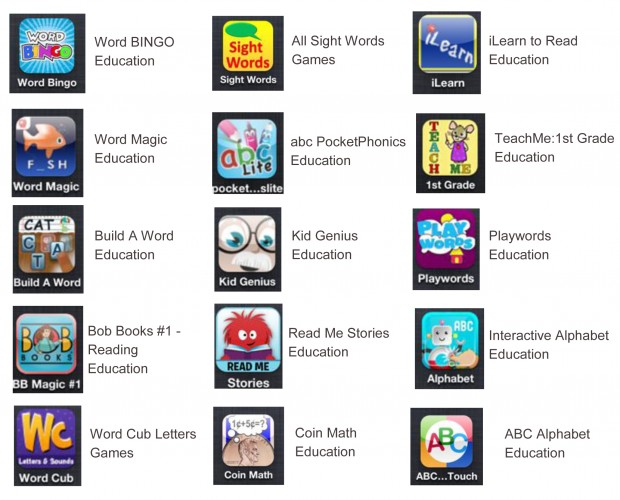Parenting has always been a tough task, but now parents can take a different approach instead of yelling to get their children to eat their vegetables.
Educational software and related content amount to a stunning $7.8 billion a year in the United States, with schools as the top consuming segment and parents trailing close behind. As such, app-makers have expanded their target markets ― and therefore their products ― to suit parental needs.
The common value proposition all educational apps deliver is “learning made fun”. Innovators have realized by making “dull” activities such as chores, eating healthy, and learning seem like a game, children are more likely to engage in it. In addition, the current generation, bombarded by technology as they are, pays more attention to devices such as iPads and tablets than their parents. Using apps would therefore be the natural solution to dealing with disengaged children.
“A little bit of digital babysitting is absolutely fine. But just like you don’t leave your child totally alone in a real playground; don’t leave them totally alone in the virtual playground.” ―Dr. Kate Highfield, Macquarie University
Parents should not rely wholly on these apps though, as it is vital for them to personally support their child in the growth process. As appealing as it is to obtain free or cheap apps to replace teaching a child math, learning in the real world will better prepare them for the future.

